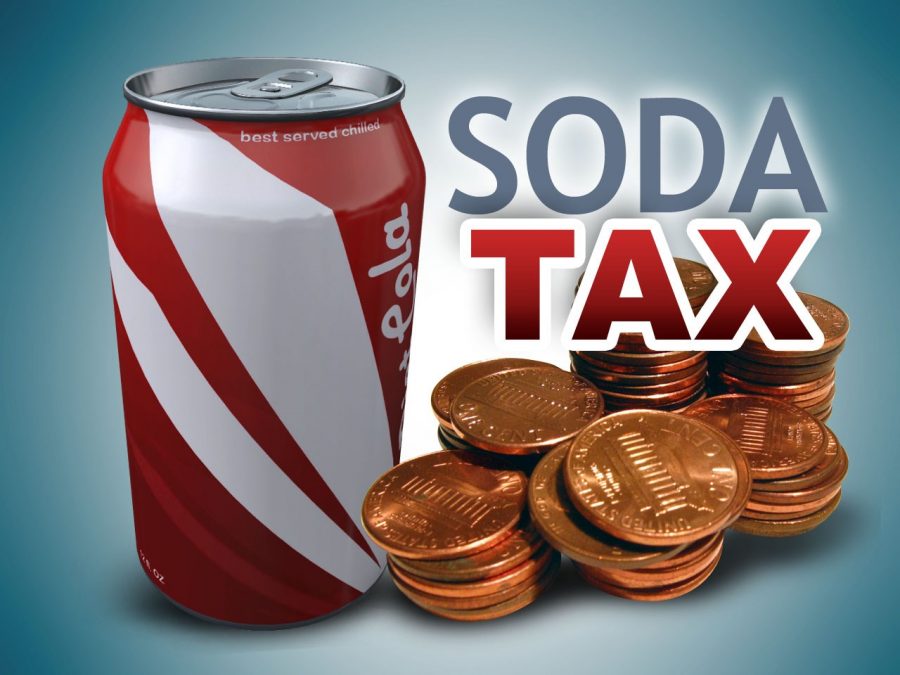The Confusion Behind the Soda Tax
Many cities are beginning to slap taxes onto soda products and sweetened beverages in what they say is an attempt to reduce obesity. Seattle, Washington, Philadelphia, Pennsylvania, and Cook County, Illinois have all joined in this cause. These taxes enable the governments to make a profit while at the same time reducing costs of public health programs. Similar taxes to these implemented in Berkeley, California during 2015 have been shown to reduce soda and sugary drink consumption by 21% and increase the consumption of water by nearly two-thirds according to a University of California, Berkeley study. These local governments are hoping that this will also cause a decrease in sugary drink consumption and ultimately lead to lower obesity rates and improved public health.
This is however, a complicated issue. These taxes cover broad areas of beverages due to the confusion it would cause in defining which products should be taxed if the taxation was limited to more narrow categories. This results in a wide variety of drinks being taxed, including in some places diet sodas, iced coffee, and even bottled water. Many question the purpose of these taxes, among them Donald J. Boyd of Rockefeller Institute, “Slightly flavored water vs. sugary water vs. clear water — no legislature can figure out the right way to tax these things. Often they are just revenue grabs.” These local governments are attempting to tackle the large issue of public health, but questions remain as to the efficiency of these taxation methods.

